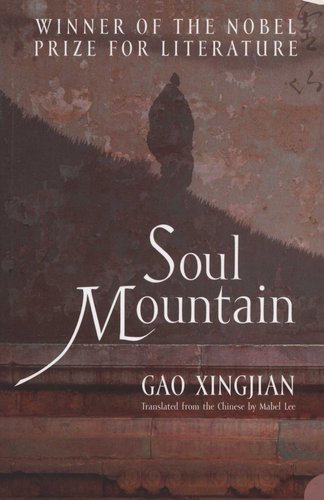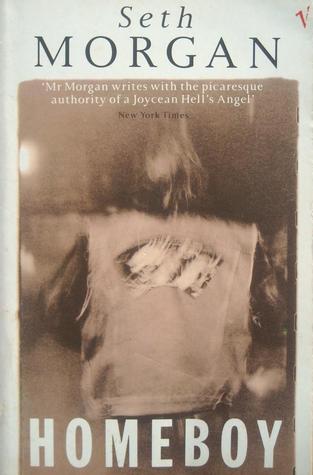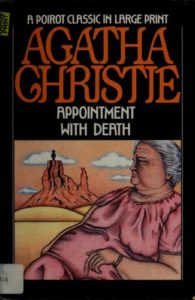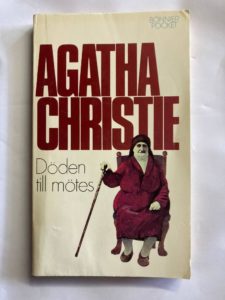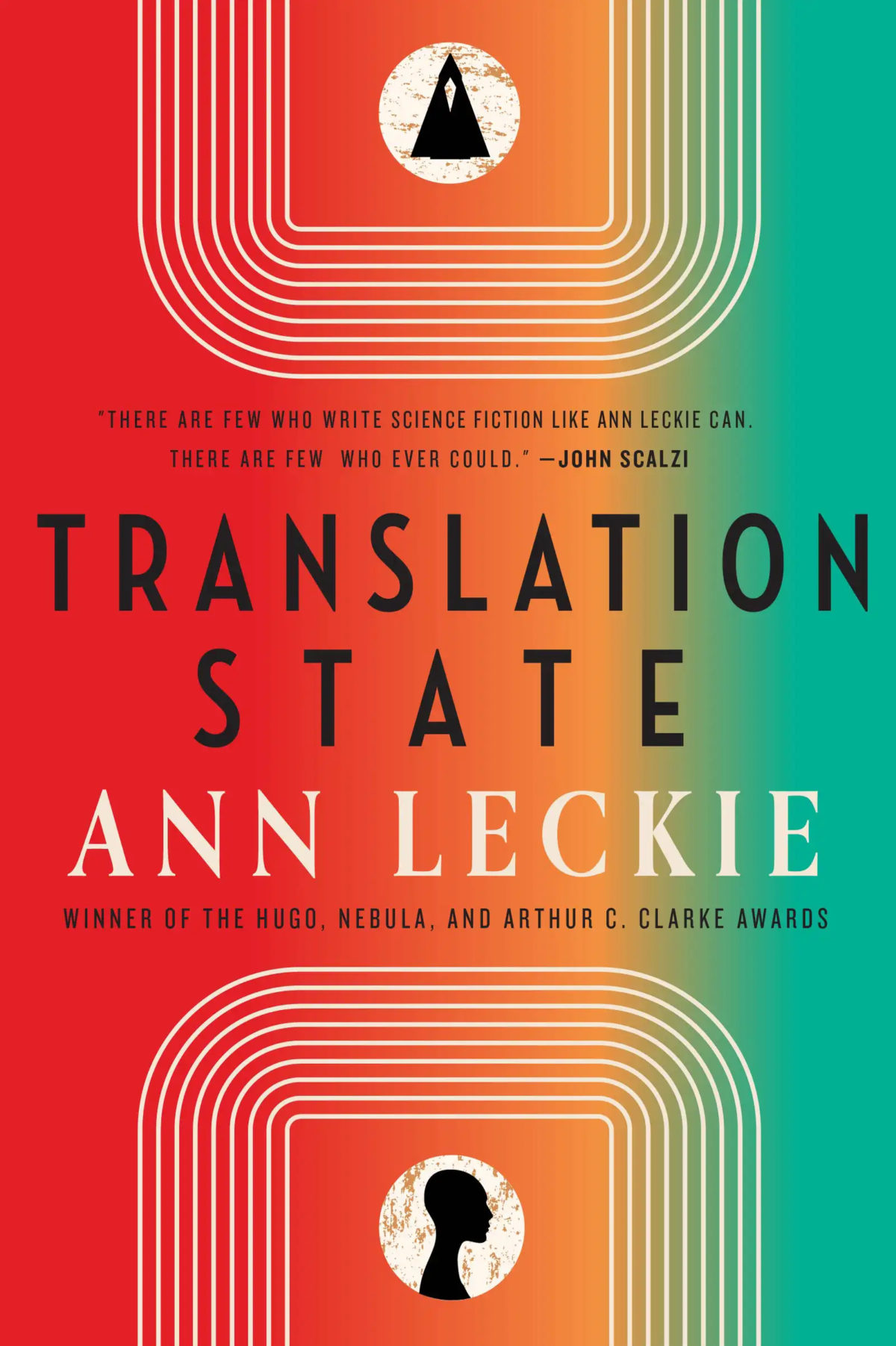I added David Diop’s Frère d’âme to my TBR by way of a review in the Karavan literary magazine, and to be honest I was a bit leery of it going in. The review was positive, but it gave the impression that the book was a gritty, grim, hyper-realistic portrayal of war, which is not a thing I’m usually into. I approached the book the same way I might approach eating a strange new vegetable: accepting that it might not be an enjoyable experience, but that it would at least be good for my (reading) health.
Frère d’âme is a wartime bildungsroman centered on the young Alfa Ndiaye, a Senegalese soldier in the French trenches of WWI. The book opens with the gruesome death of his best friend, adoptive brother, and “plus que frère” Modemba Diop in the battlefield, and from there on we follow Ndiaye through grief, trauma and regret.
That’s an incredibly pretentious way to describe the story but it’s the best I can do, I suppose.
Let’s get the content warning stuff out of the way first: there is plenty of frank description of gruesome wartime (and otherwise) acts. People are disemboweled, heads are blown off, and as a narrator Ndiaye doesn’t hesitate to describe all of this in detail, often repeating or lingering on the images.
But somehow the book is more dreamlike (if sometimes nightmarish) than gritty realism. The first-person narration keeps the reader in Ndiaye’s head rather than out in the action, and Ndiaye himself is so apparently unbothered by it that his descriptions of violence and gore become more surreal than anything else. Ndiaye’s language is also highly repetitive, not in a way to suggest that he lacks ideas or words but rather in a way that creates rhythm, like all of those iterations of “rosy-fingered Dawn” in The Odyssey. That rhythm also made it easy for me and my mediocre French to immediately get lost in Diop’s writing. There’s a certain musicality to it that draws you in. I bet the audiobook is a work of art.
I say “apparently” unbothered because the subtext is of course that Ndiaye is deeply traumatized by the death of his friend and by the brutality of war in general. The conversant tone in his language, along with the repetition and verbal tics (“je sais, j’ai compris” and variations thereof; “par la vérité de Dieu”), create speech patterns you might expect from someone talking to themselves; the deliberate attempt to shift the mind’s focus away from something painful.
I won’t spoil the ending, except to say that I’m of two minds about it. I’m not thrilled with the choice Diop made for the actual events, but I deeply appreciate the ambiguity he allows the reader for interpreting them. Are we watching Ndiaye have a mental breakdown, or is he genuinely possessed by the spirit of his dead friend? Why can’t it be both?
As with most of the French books I read, once I finished Frère d’âme I immediately picked up the Swedish translation (Om natten är allt blod svart). So far I’ve been pretty well satisfied with them, but this time around less so. Om natten isn’t a hatchet job on par with Stick or anything, but the rhythm is still…different. Here are the first three sentences:
“…je sais, j’ai compris, je n’aurais pas dû. Moi, Alfa Ndiaye, fils du très vieil homme, j’ai compris, je n’aurais pas dû. Par la vérité de Dieu, maintenant je sais.”
“…jag vet, jag förstår att jag inte borde ha gjort det. Jag, Alfa Ndiaye, son till den gamle, gamle mannen, förstår att jag inte borde ha gjort det. Vid Guds sanning vet jag det nu.”
I have my own opinions about how I would translate the French into Swedish, but I’m not about to pop off here and potentially make a fool of myself. I couldn’t grab a hold of the English translation before sitting down to write this post, so I have no idea how that fared, either (except to note that it won the International Booker Prize). Hopefully at some point an ebook version will appear in one of my US library apps.
Overall, Frère d’âme is a great example of why I think the checklist approach of my reading goals is at least a good start. It’s not a book I would have encountered if I weren’t making a deliberate effort to seek out different things, and my bookish life is that much richer for having read it.

